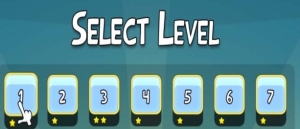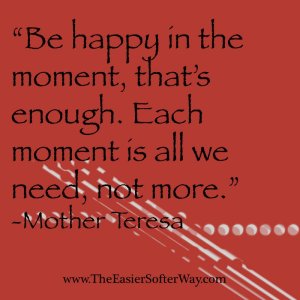This post has been brewing subconsciously and consciously for quite some time, so here goes.
I love talking about relationship diversity- it’s something I am really passionate about. I love talking with other people who are new to ethical nonmonogamy about “it all”: jealousy, cultural influences and norms, family of origin influences, compersion, boundaries and rules, communication skills, personality differences, identities, preferences, kinks, porn, feminism, and more. I could do it for hours and hours. I feel like I am supporting and contributing to an important cause, something that is changing our society for the better, and I feel proud to be part of the wave. I obviously love writing about ethically nonmonogamous/polyamorous relationships and all of their triumphs and pitfalls.
What I don’t love recently (the past six to twelve months) is another feeling that has come alongside all of the pleasant ones: that I am a fake.
I should specify: I don’t feel like an “ethical nonmonogamous fake.” J and I have had sexy fun times throughout this past year, and they’ve all been swell, as far as I can remember. Friends with benefits relationships and fuck buddy relationships are satisfying and fun and largely void of yucky emotions for me.
I feel like a “poly fake.” Though, calling myself a “poly fake” isn’t quite right, because I feel like I am capable of holding another relationship of depth and intensity and caring, and giving that relationship the time and energy and love it needs. And although not pertinent to my fakeness or not, J is obviously capable of supporting me in that.
What I question is my ability to ever be “good enough” at poly so that J can also truly experience having another relationship. I know how I felt and acted three years ago and two years ago and a year ago, and while my understanding of myself and my triggers and emotions has deepened significantly, I don’t know if I have had enough practice for getting skills under my belt to where I can actually sit with gross feelings and not bother J with them so much that he can actually function in another relationship.
I don’t know how he feels about this, truly. I don’t know if he’ll read this, and completely agree. I don’t know if he’ll read this, and remember past events differently than me.
I have said numerous times that I have made a commitment to him and to our relationship, and with that comes a commitment toward working through gross things in part so that I grow as a person and in part so that he has the relationship he wants and deserves. I come back to that commitment often, and I worry about whether it’s good enough.
Am I enough? With my shortcomings and past mistakes and past hurts? Is my striving toward independence and separation in our relationship enough?
I brought up this struggle in my women’s group recently. The response I received from most of the women there was a “levels” approach: have you taken things slowly enough? Have you asked for specific boundaries and worked up to more challenging situations? You’ll make it to the next level eventually!

I appreciated my one dear friend’s response: maybe there are no “levels.” We’re not playing a “poly video game” in which you have to “win” each level in order to proceed. Maybe there is no hierarchy of “poly”ness. There’s just you, and your comfort levels, and your path.
I weigh those different approaches in myself, and I know that for me it’s both: I like to proceed slowly, to know that I get to have a say in how my comfort levels are tried and tested, to know that my partner(s) will respect my discomforts and work with me to grow. I also know that as of yet, I am not some expansive blossoming flower of pure flowing love, able to completely and freely give up a relationship if it needs to go away. I know myself, and I know my sticky spots; I have lots of them. I also know I am afraid of having my fears go away completely: what would that life look like and feel like?
My counselor today, after talking to me about how my body image disorder is exacerbated by being around more naked people as a result of our open relationship, asked me how I deal with anxiety when J is dating other people. And she asked me, rhetorically, if it was healthy to do something that causes me so much anxiety. Immediately I withdrew from her, because the question reeked of poly-misunderstanding and phobia. Good grief! I am here to face anxiety related to my body! How can I not use a similar approach for to my relationships?? So that was not super helpful.
I guess this post is just my continuous self-reflection: my comfort levels change slowly, and that’s okay. I’m trying to focus on relaxing, working on my self-confidence and letting go of personal insecurities, and being grateful for how life changes. I don’t need to feel like a fraud, but I guess welcoming those feelings will help me move through them.


 -Objectively describe body parts, starting first with those that I am mostly satisfied with and working up to describing those that I am less or not at all satisfied with.
-Objectively describe body parts, starting first with those that I am mostly satisfied with and working up to describing those that I am less or not at all satisfied with.
 Here’s my intro:
Here’s my intro:
